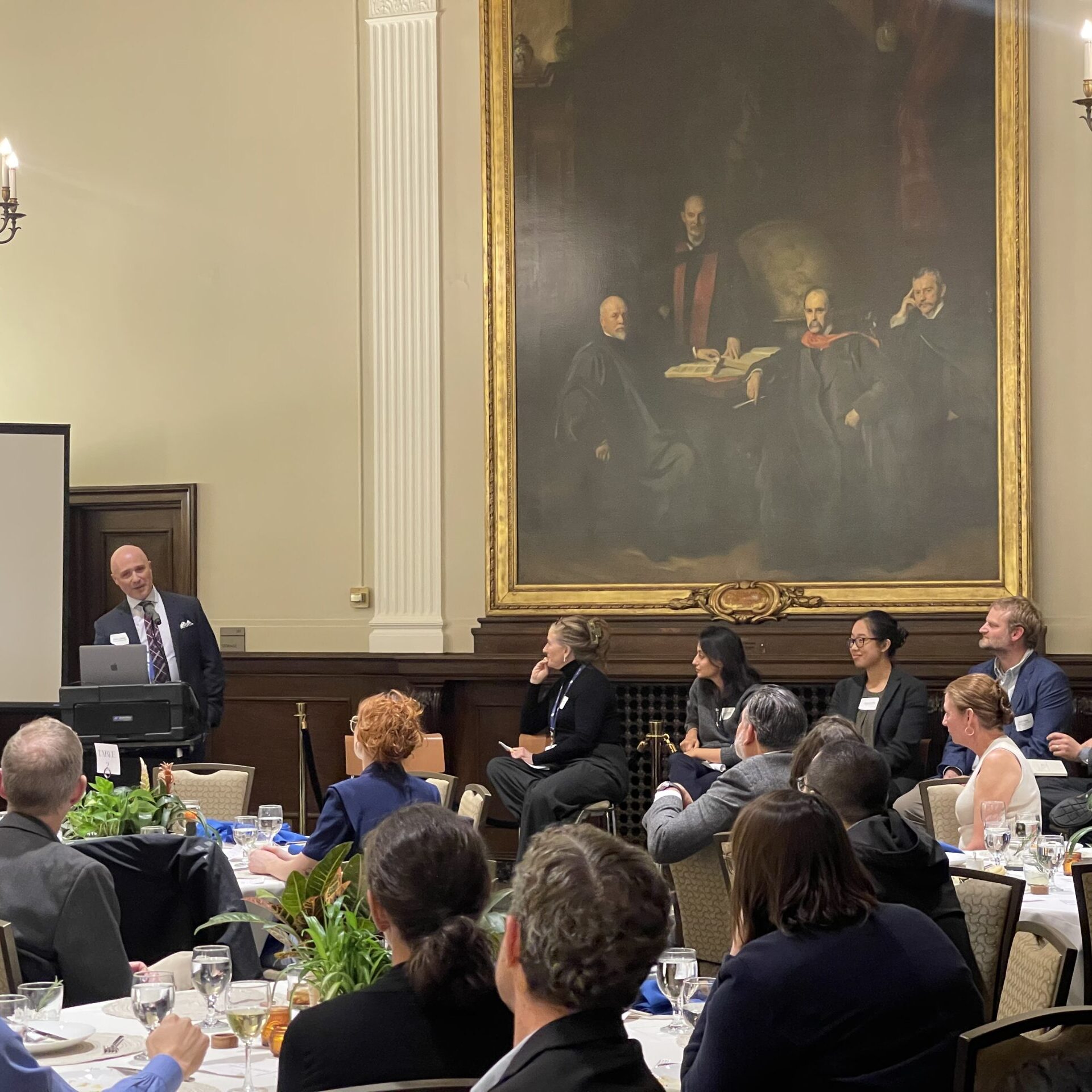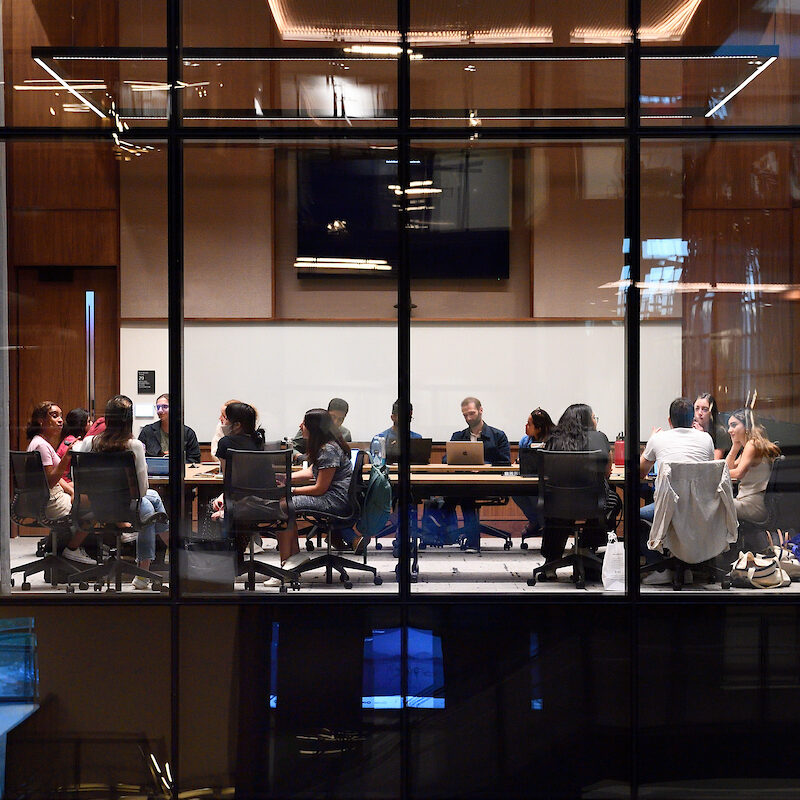About the Johns Hopkins Institute for Planetary Health
In April 2024, JHU launched the Johns Hopkins Institute for Planetary Health (JHIPH) to accelerate cross-university collaboration in addressing the degradation of Earth’s natural systems and its impacts on human health and well-being. This bold interdisciplinary initiative recognizes the urgency of this moment and creates a bridge to advance solutions that safeguard health on a rapidly changing planet.
JHIPH’s mission is to catalyze scholarship and practice of Planetary Health by bringing together a community of faculty, students, and staff united by their commitment to work across disciplines to address the urgency of the Earth crisis and its impacts on humanity.

JHU-wide Planetary Health Programs
JHIPH has moved swiftly to engage a dedicated team of cross-university faculty in the development and implementation of programming that is now infusing Planetary Health into university-wide education, clinical care and health systems, policy, and practice. Learn more about our Planetary Health programs.
Learn More
JHU’s Planetary Health Community
JHIPH’s Planetary Health programs, alongside events, convenings, student groups, funding opportunities, partnerships, and connections to a global network through the Planetary Health Alliance are working in concert to build a Planetary Health community at JHU, united in urgency and a shared commitment to protect the web of life on Earth. Learn how you can get involved.
Learn More
The Global Planetary Health Movement
The Planetary Health Alliance serves as the global backbone organization for a growing Planetary Health movement, coordinating a consortium of over 472 universities, organizations, and government entities from 79+ countries. By spanning the enormous strengths of JHU’s community and tapping into the PHA’s network and engagements, JHIPH connects JHU to a vibrant community and global movement for Planetary Health.
Learn More
What is Planetary Health?
Planetary Health is a rapidly growing transdisciplinary field focused on understanding and addressing the human health impacts of our degradation of Earth’s natural systems. It is also a global social movement that calls for deep systemic change centering on social justice and intergenerational equity.
Learn More
Join us!
We believe in the collective potential of JHU’s faculty, staff, and students. All JHU faculty, staff, and students are welcome to join JHU’s growing Planetary Health community.
Join Us
